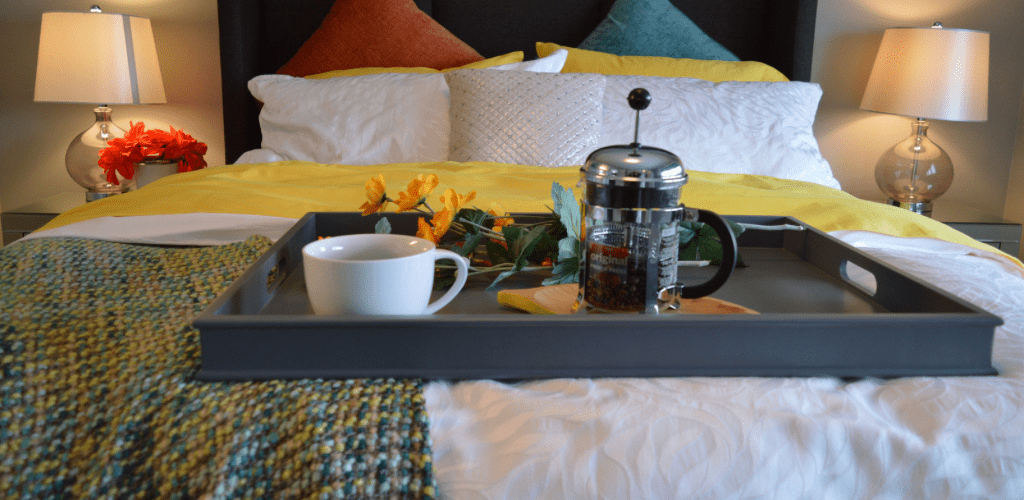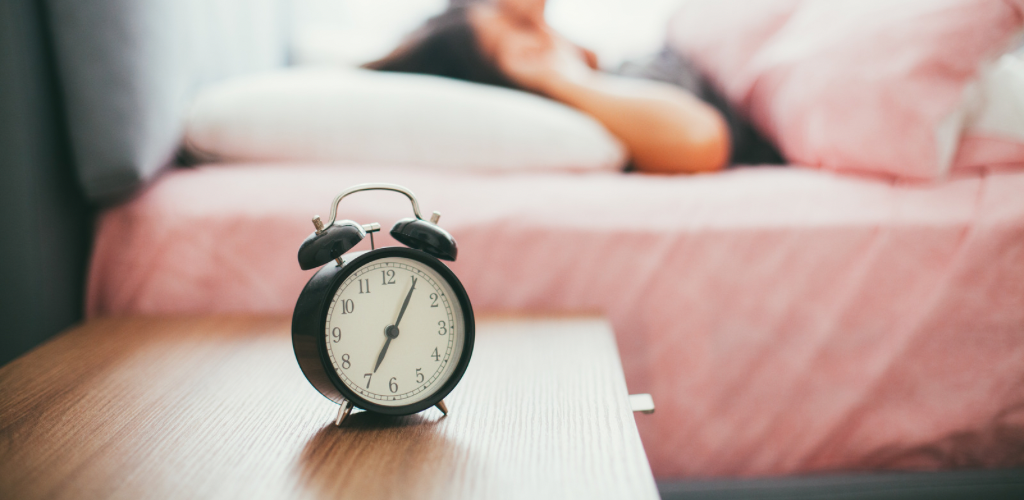1. Set a Consistent Sleep Schedule

One of the key factors in successfully waking up early is establishing a consistent sleep schedule. By going to bed and waking up at the same time every day, including weekends, you can regulate your body’s internal clock. This will help you fall asleep and wake up more easily. Consistency is the cornerstone of building a healthy sleep routine.
Create a Bedtime Routine

Developing a bedtime routine can signal to your body that it’s time to wind down and prepare for sleep. Engaging in relaxing pre-sleep activities can greatly contribute to a better night’s rest. Consider activities such as reading a book, practicing gentle stretching, or listening to soothing music. These activities can help you relax and transition from the busyness of the day to a more peaceful state of mind.
Limit Exposure to Screens Before Bed

In today’s digital age, it’s common for people to spend their evenings glued to their screens. However, excessive screen time before bed can interfere with your ability to fall asleep. The blue light emitted by screens can disrupt the production of melatonin, a hormone that regulates sleep. To optimize your sleep quality, try reducing screen time at least an hour before bedtime. Engage in activities that do not involve screens, such as reading a physical book or engaging in a hobby.
Optimize Your Sleep Environment

The environment in which you sleep plays a crucial role in your ability to wake up early feeling refreshed. Make sure your bedroom is dark, cool, and quiet. Use blackout curtains or an eye mask to block out any unwanted light that might disturb your sleep. Adjust the temperature to a comfortable level, as a cooler room is generally conducive to better sleep. Additionally, investing in a comfortable mattress and pillows can drastically improve your sleep quality and make it easier to get up in the morning.
Avoid Stimulants Before Bed

Consuming stimulants, such as caffeine and nicotine, close to bedtime can disrupt your ability to fall asleep and stay asleep. It’s advisable to limit your intake of these substances in the evening. Instead, opt for a light evening snack if you’re hungry. Pair it with a caffeine-free herbal tea or warm milk to promote relaxation and prepare your body for sleep.
Get Morning Sunlight

Exposure to natural light in the morning can have a positive impact on your sleep-wake cycle, also known as your circadian rhythm. Spending time outside or simply opening your curtains to let sunlight in can help regulate your internal clock. Natural light signals to your brain that it’s time to wake up, making it easier for you to rise and shine in the morning.
Set an Alarm Across the Room

The placement of your alarm clock or phone can influence your ability to wake up early. By putting it across the room from your bed, you force yourself to physically get out of bed to turn it off. This small action can make a significant difference in overcoming the temptation to hit the snooze button and go back to sleep. Once you’re up, it becomes easier to kick-start your morning routine.
Stay Consistent on Weekends

Weekends often tempt us to throw our sleep schedule out the window and embrace the luxury of sleeping in. However, maintaining a consistent sleep schedule, even on weekends, significantly improves overall sleep quality. Resist the urge to oversleep on weekends and strive to wake up at a similar time as you do during weekdays. Your body will thank you for this consistency when it comes to feeling well-rested and energized throughout the week.
Exercise Regularly

Engaging in regular physical activity promotes better sleep, but the timing of exercise matters. While exercise has numerous benefits for sleep, participating in intense workouts close to bedtime can actually make it more difficult for you to fall asleep. Aim to complete your exercise routine at least a few hours before bedtime to allow your body to wind down and prepare for sleep.
Limit Naps

Napping can be an appealing way to combat fatigue throughout the day. However, it’s important to approach napping strategically if you want to maintain a consistent wake-up time in the morning. If you need to nap, keep it short, ideally between 20 to 30 minutes. Napping for longer durations or later in the day can disrupt your nighttime sleep and make it harder for you to wake up early feeling refreshed.
In conclusion, adopting these habits and strategies can significantly improve your ability to get up early in the morning. Remember to set a consistent sleep schedule, create a relaxing bedtime routine, limit exposure to screens, optimize your sleep environment, avoid stimulants, prioritize morning sunlight, place your alarm across the room, stay consistent on weekends, exercise regularly (but not too close to bedtime), and limit naps. By following these tips, you’ll set yourself up for a productive and energized start to each day.




